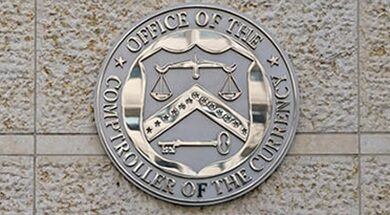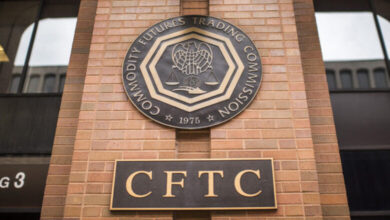Kazakhstan Sets Sights on National Crypto Reserve and “CryptoCity” by 2026

Kazakhstan is preparing to deepen its role in the digital economy, with President Kassym-Jomart Tokayev outlining plans for a strategic cryptocurrency reserve and a sweeping digital asset law by 2026.
In his annual address on Monday, Tokayev urged the government to accelerate the creation of a “full-fledged ecosystem of digital assets” as part of efforts to channel more capital back into the economy. He tasked the Agency for Regulation and Development of the Financial Market with drafting legislation to support the initiative, calling for its approval before 2026.
A central feature of the president’s proposal is the establishment of a State Fund of Digital Assets, managed through the National Bank’s Investment Corporation. The fund would act as a national crypto reserve, built from “promising assets” within the evolving digital financial system.
Tokayev’s remarks come just weeks after reports that officials were considering using seized digital assets to seed such a reserve. If realized, Kazakhstan would join a small but growing list of nations (including Brazil and Indonesia) exploring strategic reserves for Bitcoin and other cryptocurrencies. The push also follows the United States’ decision to set up its own digital asset reserve under an executive order issued by former President Donald Trump.
The Rise of “CryptoCity”
Beyond financial policy, Tokayev doubled down on earlier hints of a state-backed crypto hub. He confirmed that Alatau, a city in southeastern Kazakhstan, will host what he described as the region’s first “fully digitalized city.” Dubbed “CryptoCity,” the pilot zone will integrate crypto payments for everyday transactions and serve as a showcase for the country’s digital ambitions.
“This city will represent the future of Kazakhstan,” Tokayev said. “It should combine technological progress with the most favorable living conditions.”
A Mining Powerhouse Under Pressure
Kazakhstan has long been a global hub for Bitcoin mining, once accounting for as much as 13% of the world’s hashrate. Cheap electricity and a permissive regulatory environment attracted miners, but the surge also fueled unlicensed operations and placed significant strain on the national power grid.
The president’s push for a formalized digital asset framework and a national reserve may mark a turning point for the sector, one that seeks to balance innovation with stability, while cementing Kazakhstan’s place on the global crypto map.





